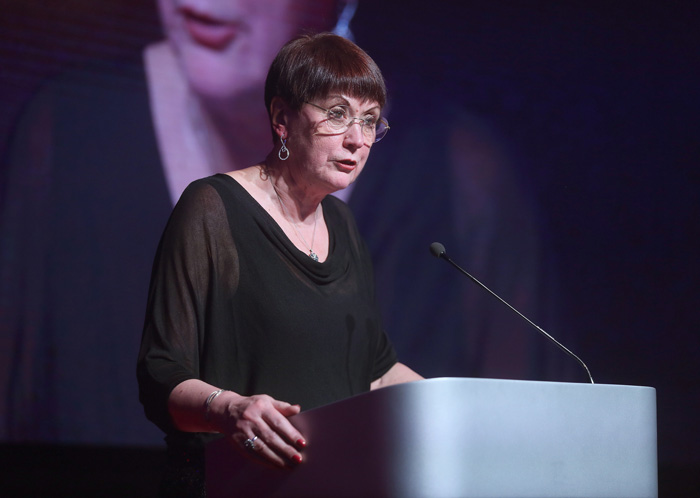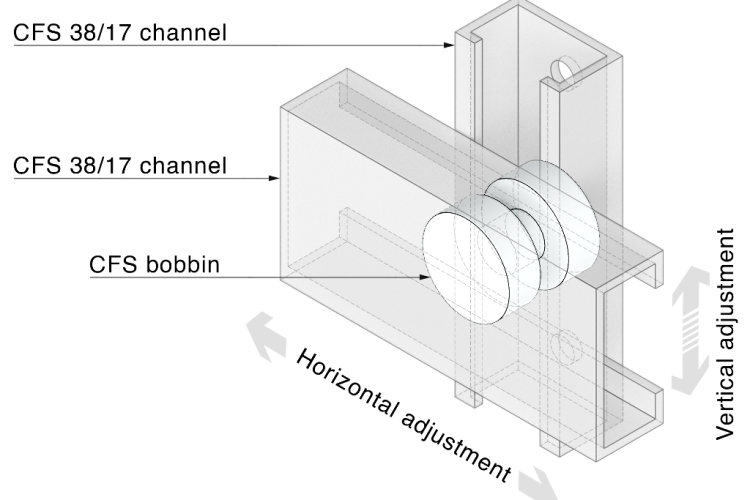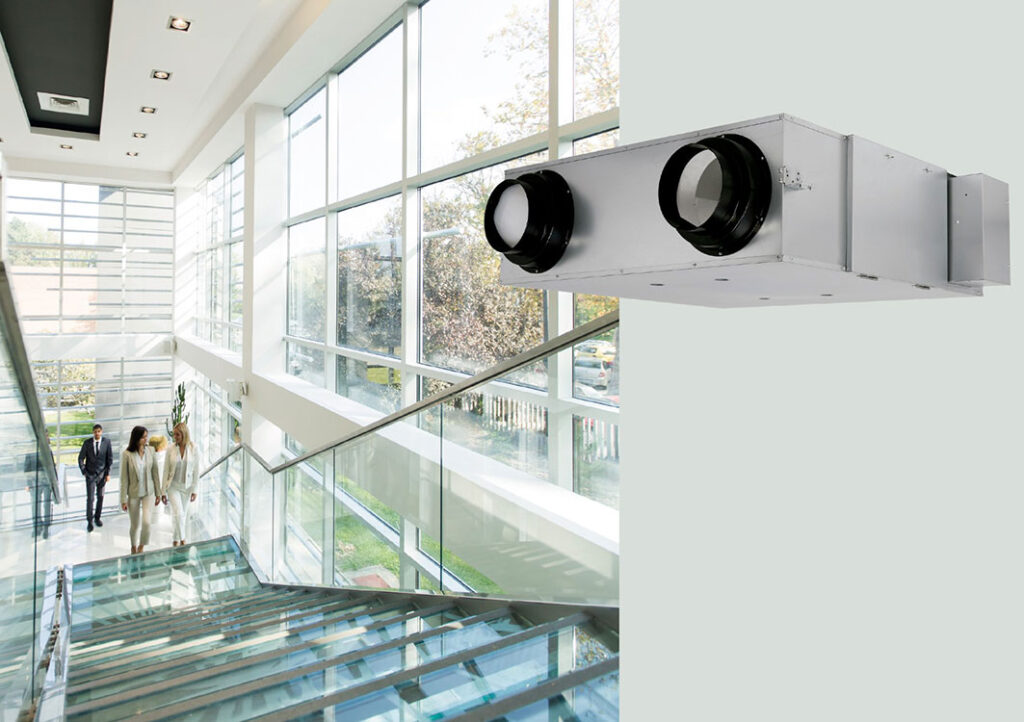Apprenticeship Levy a “lose-lose” scenario

 Dame Judith Hackitt has called upon the government to rethink the Apprenticeship Levy, which she says has turned a “win-win” scenario to a “lose-lose” scenario. Dame Judith was addressing numerous captains of industry at the Semta Skills Awards in London.
Dame Judith Hackitt has called upon the government to rethink the Apprenticeship Levy, which she says has turned a “win-win” scenario to a “lose-lose” scenario. Dame Judith was addressing numerous captains of industry at the Semta Skills Awards in London.
During her speech she said that the new system, which finances apprenticeships, needed urgent radical reforms to reverse the ‘collapse’ of new start apprenticeships.
“We are not asking for the levy to be scrapped but it does need a rethink if it is to achieve what we all want and what the UK needs for the future.
“We have seen the number of new starts collapse with many companies postponing or halting apprenticeships. What should have been a win-win has become a lose-lose.
“To train the talented individuals we are going to see here tonight costs more that £27,000. Providers are reluctant to offer courses, which cost more than the cap, so there is a need to recognise the true cost of different types of apprenticeship not have one simple cap.
“There needs to be greater flexibility for employers and providers to agree payment schedules especially in sectors like ours where upfront costs are high.
“The expiry date of funds needs to increase – an average engineering apprenticeship takes 48 months.
“The rules on transfer of unused levy need to be relaxed – moving the current cap at 10% to 50% would stimulate levy funds being used across supply chains.
“The levy should be used for what is says on the tin ¬- apprenticeships, without dilution to fund other training schemes.
“And the process of approval of apprenticeship standards must be streamlined. We know that the IFA has taken time to set up, but if we are to achieve the momentum we need on apprenticeships we cannot have the delays and deferrals, which we have been seeing.
“We all need to work together to make this as easy to implement as possible, not create unnecessary obstacles when we all want the same thing – more and more young people taking up apprenticeships.
“These conversations need to continue elsewhere – and urgently.”




















